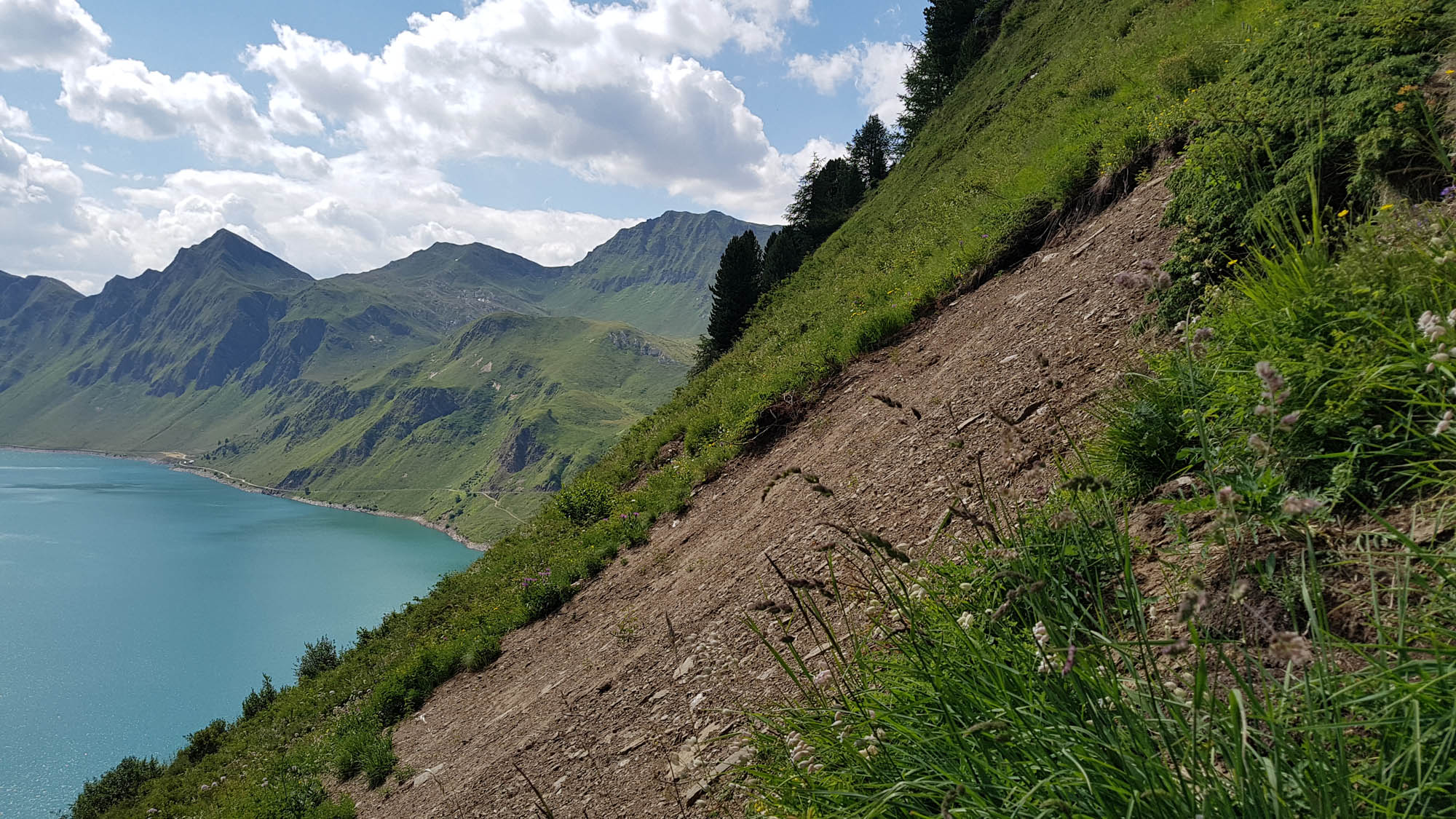Supporting sustainability
Building sustainable societies requires optimising the interactions between the numerous components of energy, transport, supply or food systems. For instance, patterns of mobility depend on both the supply of transport and the demand from citizens (who have varying needs and preferences), but also on complex interactions determined by factors such as the weather, acceptance of home working and the availability of financial incentives. Big data applications can significantly improve systems’ efficiency and sustainability. This often requires analysing fine-grained data in real time in order to monitor individual activity such as the movement of people on public transport or the performance of solar panels on specific roofs. Such insights help continuously optimise supply to meet expected demand, by adapting transport timetables or varying electricity production, for example.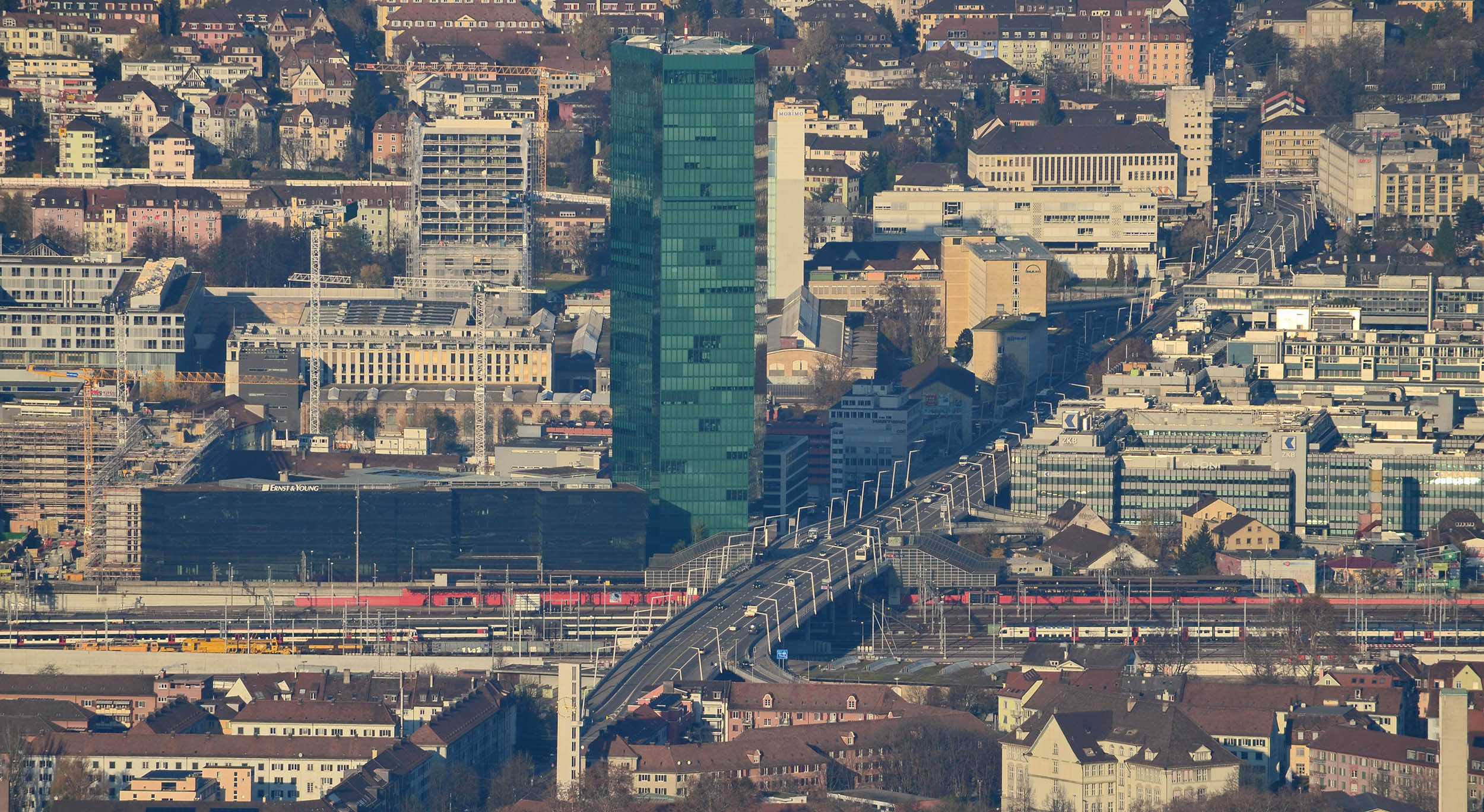
Optimising transport management: anonymous individual mobility traces
Using Big Data, for example the large quantity of data from smartphones, can help to improve traffic management methods and models.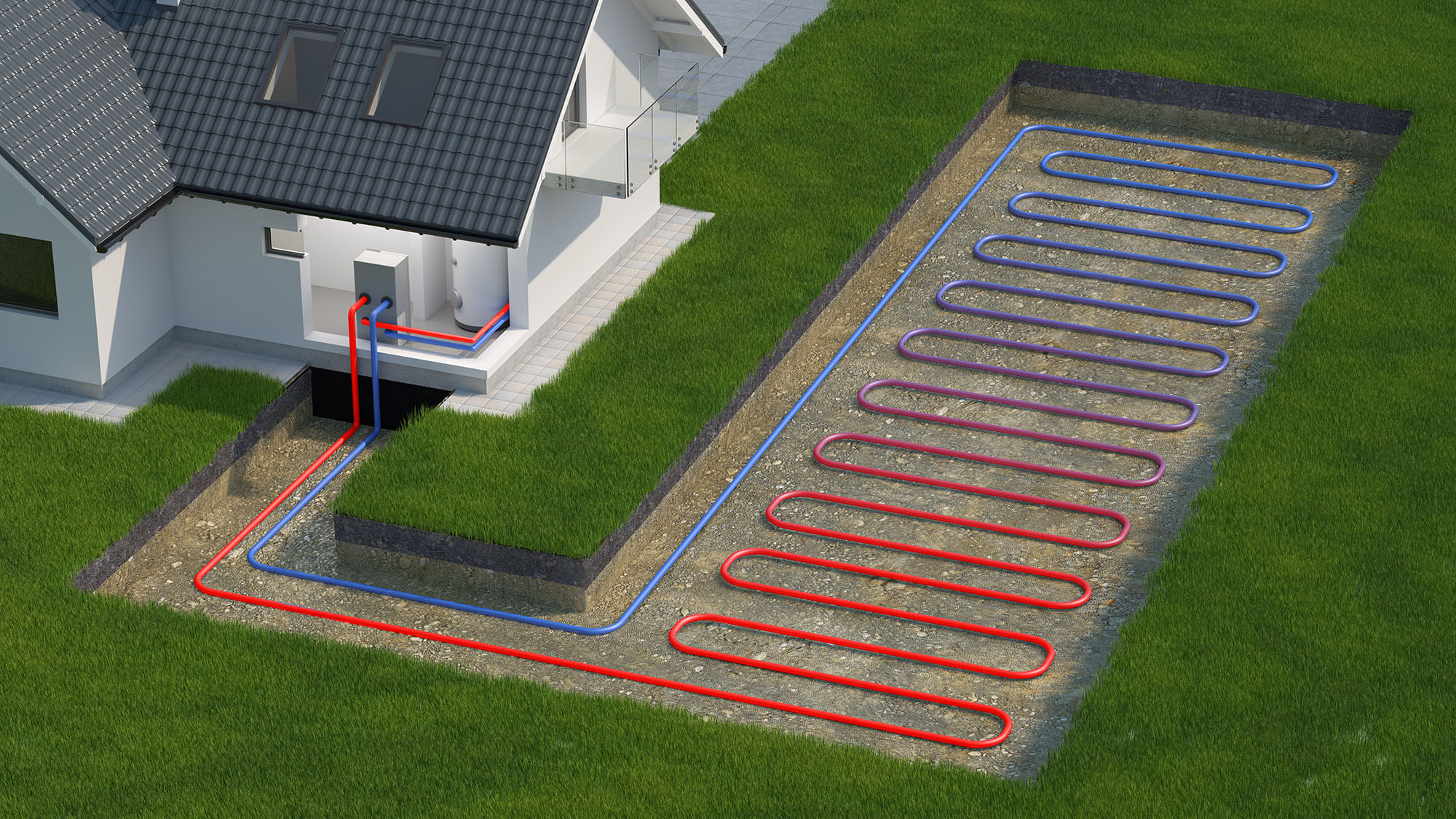
Renewable energy potential: evaluation for Switzerland
The “HyEnergy” project sought to study the potential of hybrid renewable energy systems, i.e. systems combining two types of energy production.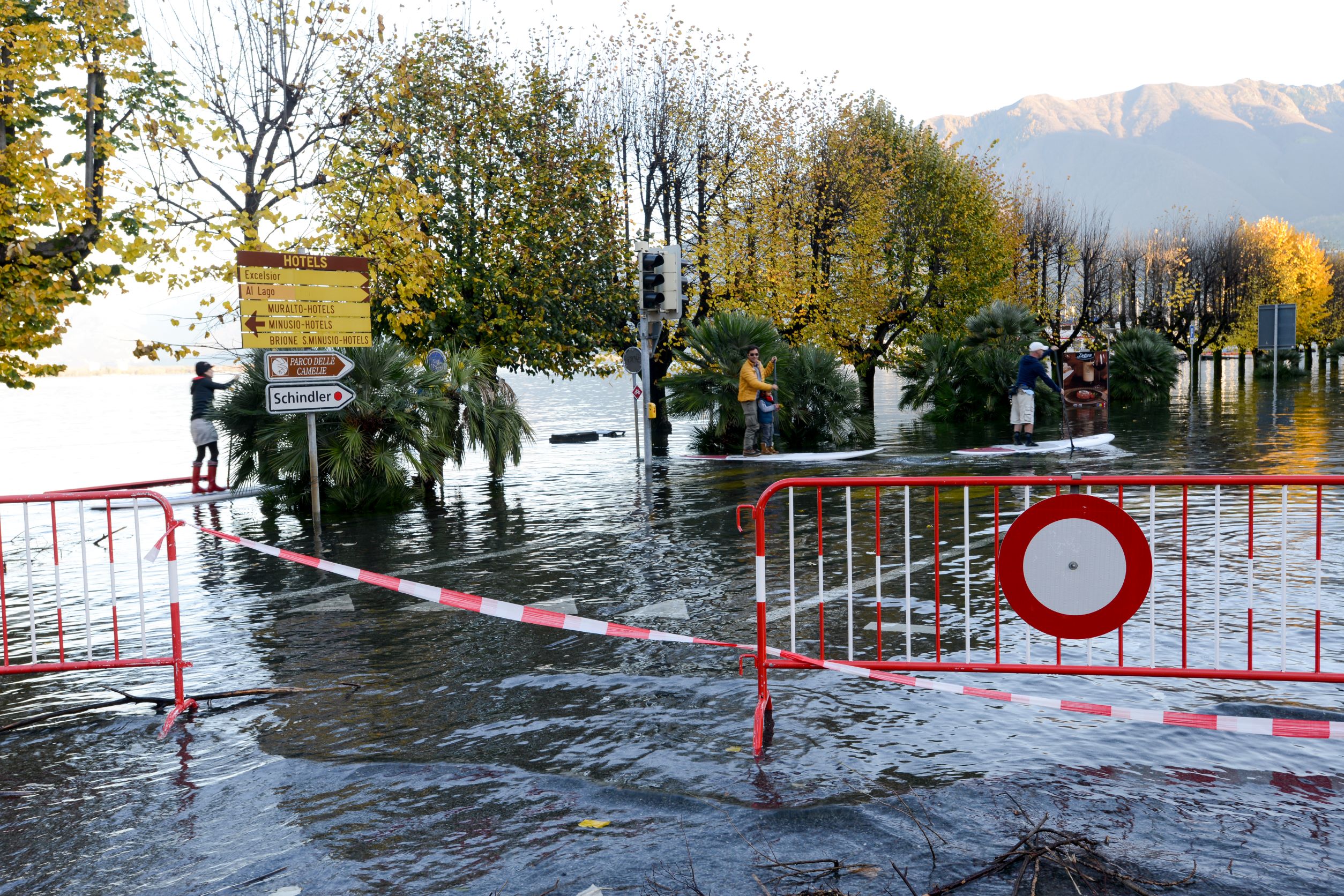
Flood detection: automatic geotagging of crowdsourced videos
The aim was to develop algorithms to select and prepare information from eyewitness videos to support different applications.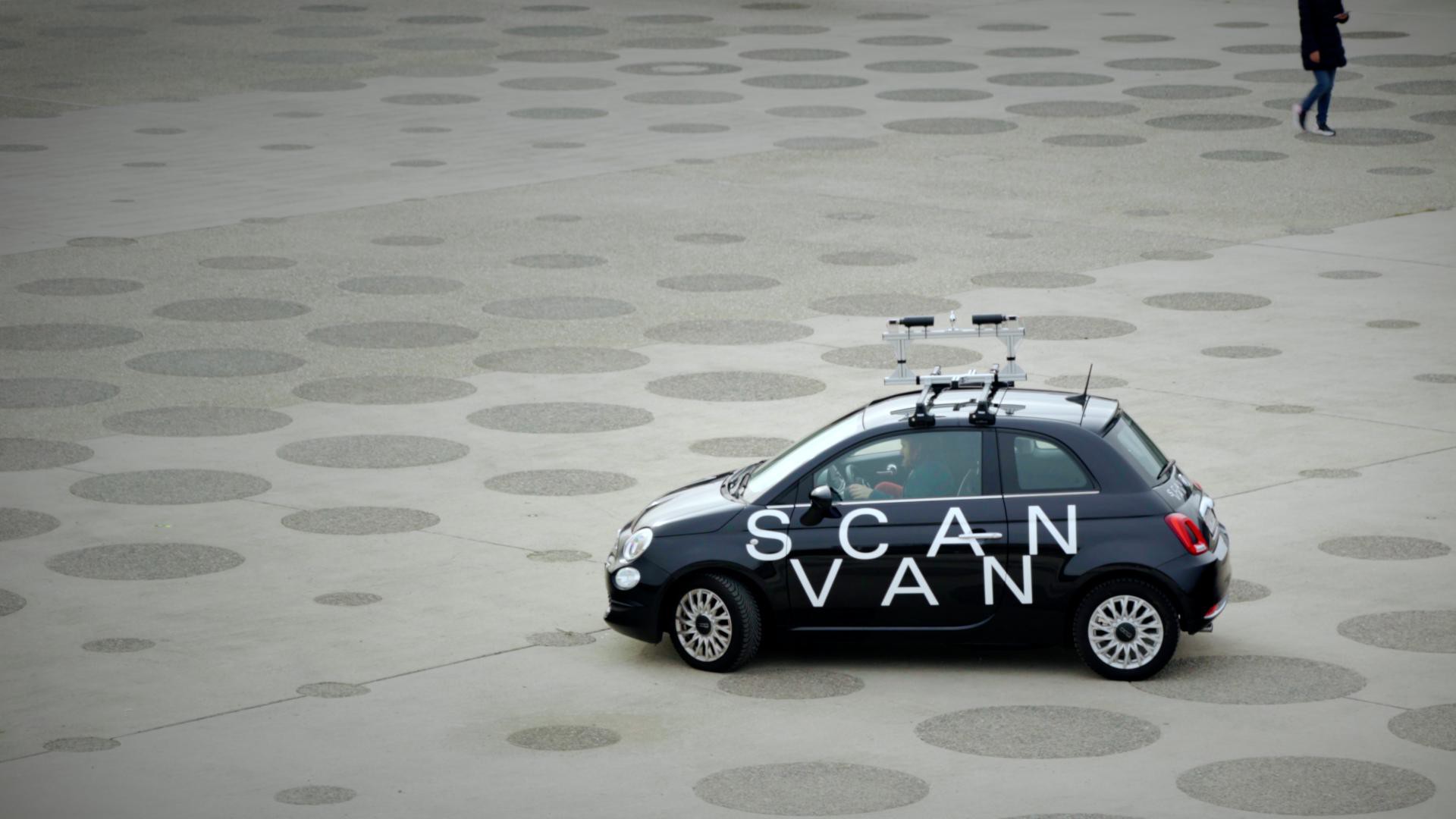
City digital twins: 3D models from a scanning car
The NRP 75 project ScanVan aimed at demonstrating that Spherical Camera can greatly simplify the production of 3D photogrammetric datasets.

